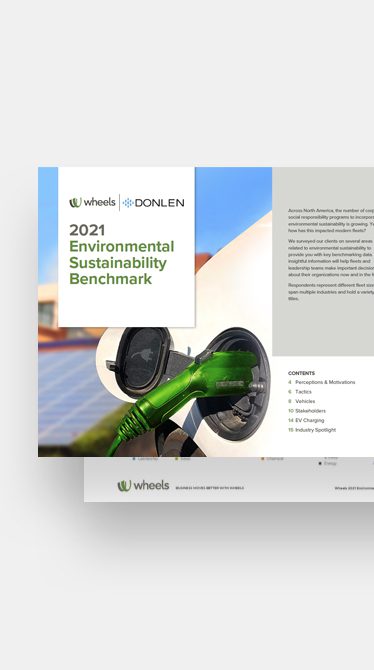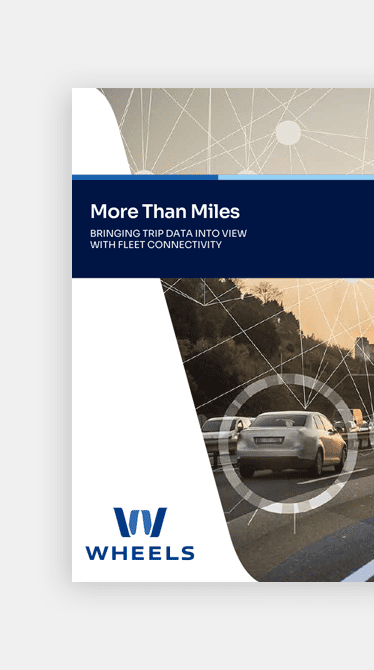Leading the Way in Vehicle Fleet Management
Wherever you’re going, Wheels is made to keep you moving — now with the power of Wheels, Donlen, and LPUSA (formerly LeasePlan USA) united as one team.
Our commitment to customer service and trusted mobility solutions is the passion behind every partnership. Together, let’s power your potential, your vision, and your business.
About Us
Our people and numbers tell our story:
Unrivaled scale. Deeply rooted expertise. Client success.
0
Fortune 500 clients
0
vehicles under management
0
in assets
0
countries served
Wherever You Need To Go, Our Services Move You Forward
We work to optimize every part of your mobility program. From fleet leasing, maintenance and fuel to telematics, pool management and mileage reimbursement, Wheels’ fleet services support all your business needs.
Vehicle Acquisitions & Upfitting
Strategic guidance helps you procure and configure the right vehicles for your business.
Reimbursement
Customizable payments, centralized reporting, and safety programs give you control and peace of mind with your mileage reimbursement drivers.
Shared Mobility
Flexible solutions support your mobile workforce while maintaining oversight and cost controls.
Fleet Management Services
Comprehensive services address all your fleet needs: maintenance, accident management, driver safety, fuel and EV charging, tolling, vehicle telematics, driver tax compliance and more.
Powering Your Potential Together
Your vision.
Your ambitions.
We win together.
We’re passionate about delivering the best customer service to every client — so no matter the need, you have everything to succeed.
From exceptional customer service to expert mobility solutions you can trust, together, we’ll power the full potential of your business.
World-Class Client Experience
With passionate and experienced people, industry-leading driver support, daily quality assurance huddles, American Business Award wins — Wheels delivers service no other fleet management company can match.
“Everything they do is authentic. It comes from the heart. They want to see you succeed and you can really tell in the people and their culture.”
— Wheels client




Advanced Fleet Technology
Fleet Management Tools Designed to Deliver Impact
Today, successful fleet management requires technology to maximize efficiency, enhance productivity and improve safety. Our tools streamline complex fleet management processes offering easy-to-use solutions that optimize your fleet.
- Power decision-making with sophisticated reporting and analytics tools.
- Maximize productivity with intuitive mobile apps.
- Engage your organization with our innovative gamification platform.
Wheels Helps Our Clients’ Businesses Move Better
Whether your priority is cost optimization, driver safety, environmental sustainability or diverse spend, we’ve got you covered.
Trending Resources


Guide
Wheels Donlen 2021 Environmental Sustainability Benchmark
Across North America, the number of corporate social responsibility programs to incorporate environmental sustainability is growing. Yet, how has this impacted modern fleets?


White Paper
More Than Miles: Bringing Trip Data into View with Fleet Connectivity
Connected vehicle technology, also called telematics, is a powerful resource for organizations looking to gain additional insight into their fleet.
Our Branch and Driver Support Teams Help You Stay Safe and Productive on the Road
Wheels Driver Assistance
1.800.477.2211
driverView@wheels.com
LPUSA (formerly LeasePlan USA) Driver Assistance
1.800.323.6644
LPUS-fleetdesk@wheels.com
JOIN OUR TEAM
Passionate About Customer Service? Love to Collaborate and Innovate? If so, Join the Wheels Family.






“At Wheels, there is a mutual respect for all employees and every contribution is valuable. We strive to deliver world-class service to our world-class clients.”
– Wheels employee
